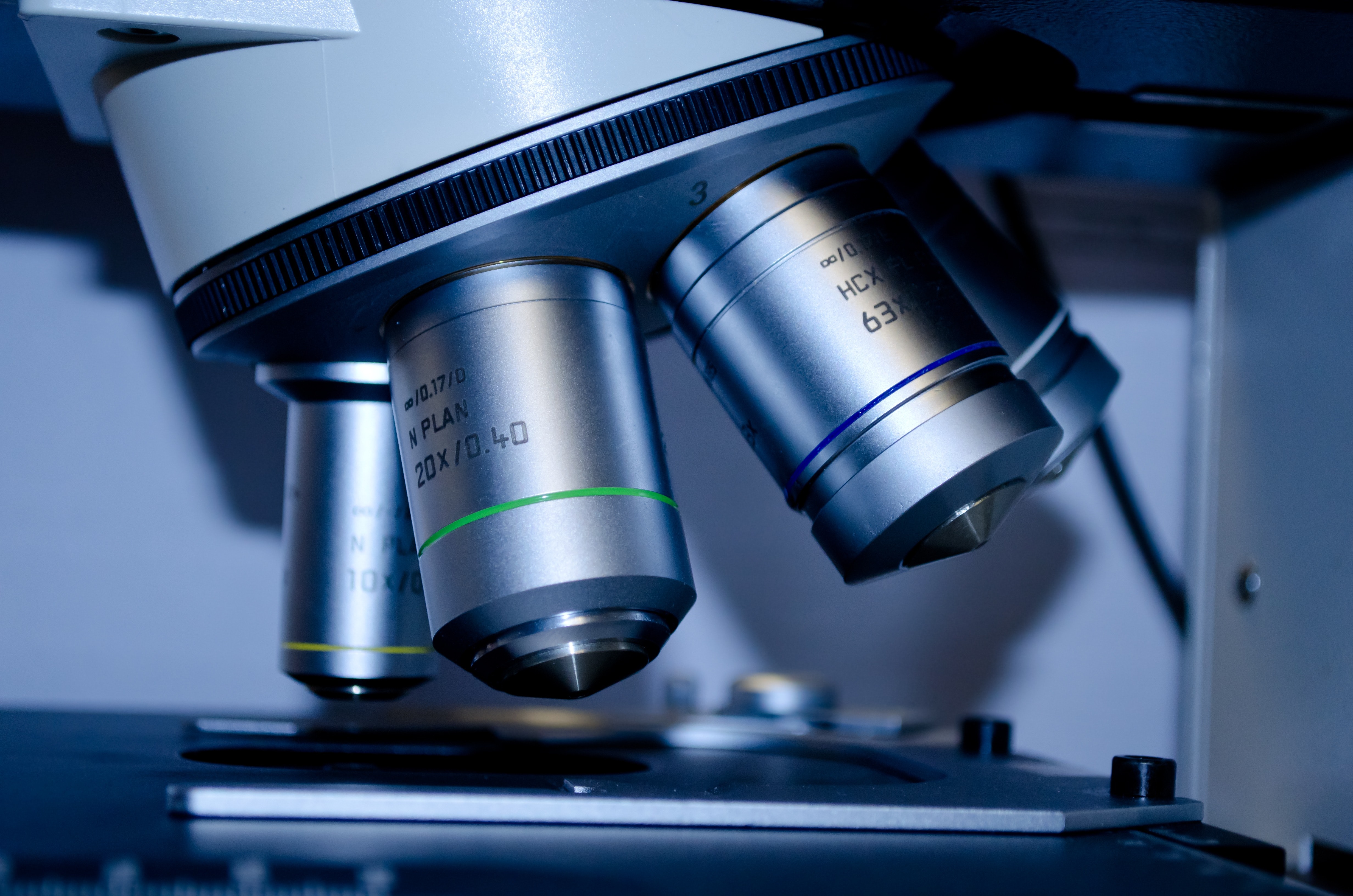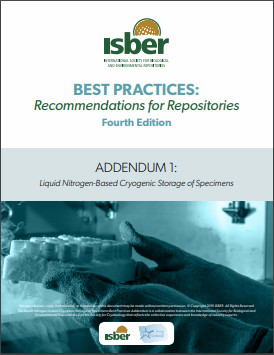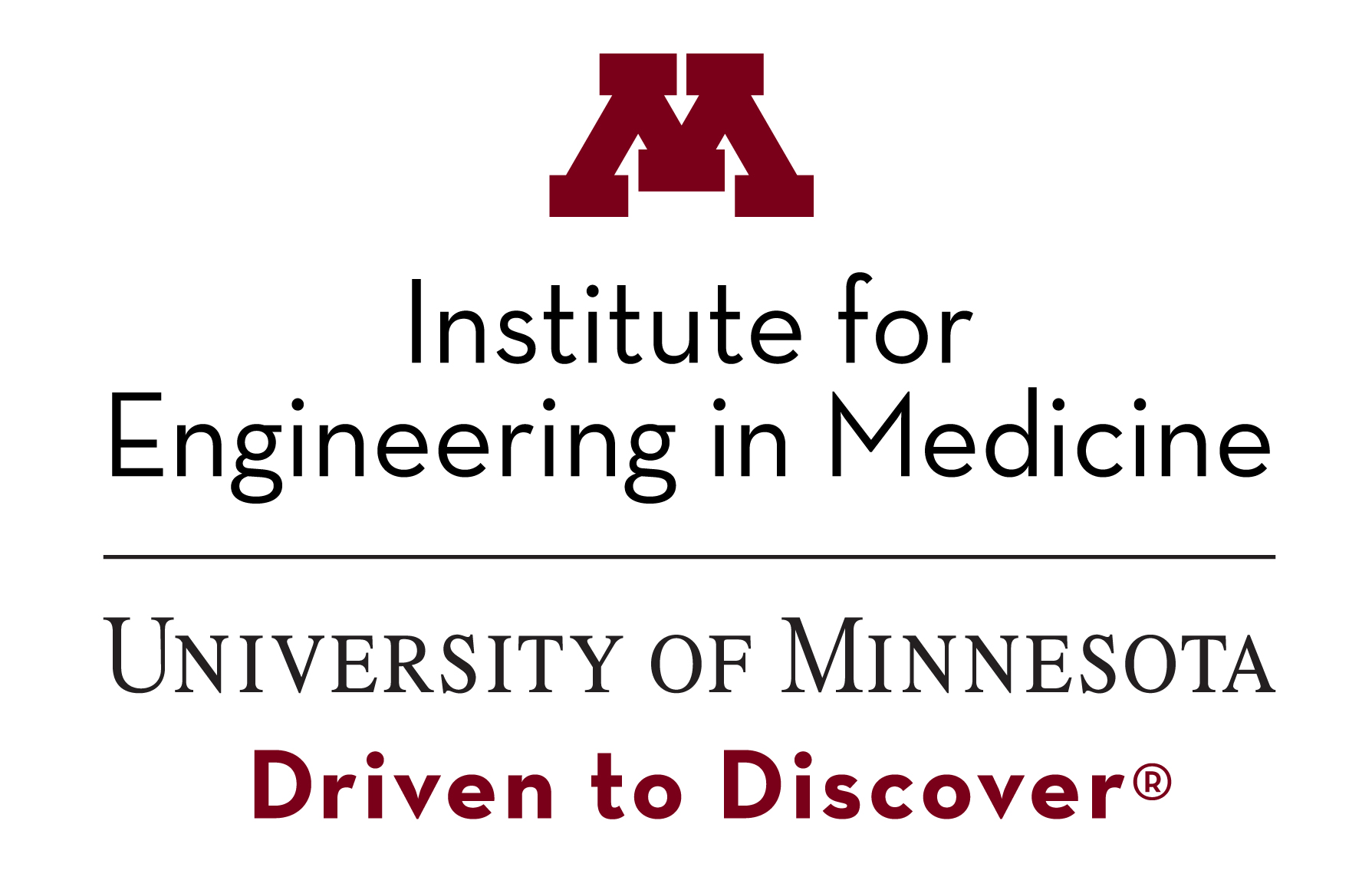On October 12-13 ATP-BIo will be hosting a year one summary and virtual NSF site visit. This involves 2 days of presentations by ATP-Bio and questions from the NSF and responses from ATP-Bio.
- About
- Membership
- Publications
- Events
- Awards
- Jobs
- Partners
- Resources
- Donate


 Over the past six years, researchers from the
Over the past six years, researchers from the  The Society for Cryobiology, in partnership with the ISBER, is pleased to announce the launch of the Liquid Nitrogen-Based Cryogenic Storage of Specimens Best Practices Addendum to the ISBER Best Practices 4th Edition. "The new Liquid Nitrogen Best Practices Addendum will be a go-to resource for the growing number of repositories being asked to store cellular products being used in adoptive therapy research and manufacturing. We are grateful to the team of contributors who are world leaders, who have shared their expertise in building and managing facilities to support collections requiring sub-Tg (glass transition, -135°C) storage,” said David Lewandowski, President of ISBER.
The Society for Cryobiology, in partnership with the ISBER, is pleased to announce the launch of the Liquid Nitrogen-Based Cryogenic Storage of Specimens Best Practices Addendum to the ISBER Best Practices 4th Edition. "The new Liquid Nitrogen Best Practices Addendum will be a go-to resource for the growing number of repositories being asked to store cellular products being used in adoptive therapy research and manufacturing. We are grateful to the team of contributors who are world leaders, who have shared their expertise in building and managing facilities to support collections requiring sub-Tg (glass transition, -135°C) storage,” said David Lewandowski, President of ISBER. The
The  Testicle tissue samples from the rhesus macaques are being used in new research to preserve the fertility of preadolescent boys with cancer. Kyle Orwig from the University of Pittsburgh School of Medicine and his team, removed testicle tissue from 5 prepubescent monkeys. After the monkeys reached sexual maturity, the tissue was grafted back onto the monkey's back and scrotum and within 12 months all 5 monkeys were producing testosterone and sperm. The team used the sperm from one of the monkeys to successfully impregnate a female.
Testicle tissue samples from the rhesus macaques are being used in new research to preserve the fertility of preadolescent boys with cancer. Kyle Orwig from the University of Pittsburgh School of Medicine and his team, removed testicle tissue from 5 prepubescent monkeys. After the monkeys reached sexual maturity, the tissue was grafted back onto the monkey's back and scrotum and within 12 months all 5 monkeys were producing testosterone and sperm. The team used the sperm from one of the monkeys to successfully impregnate a female.